Roche's Phase III Study Promises Effective Ocrevus Injection for Multiple Sclerosis
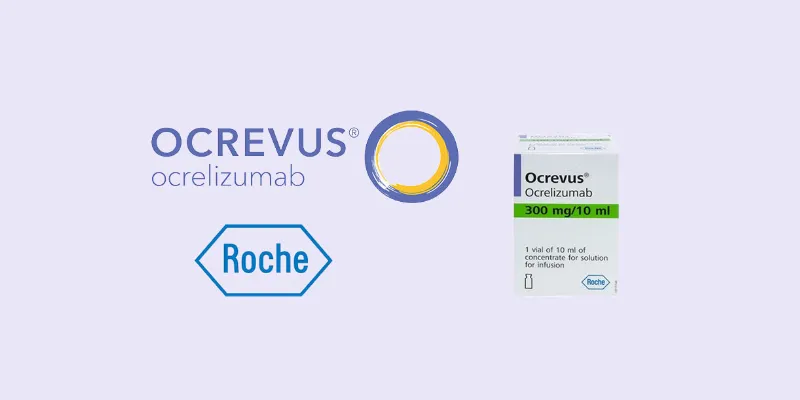
17 April 2024
Roche's Phase III OCARINA II study shows that a new subcutaneous injection of OCREVUS (ocrelizumab) significantly suppresses multiple sclerosis (MS) relapses and brain lesions, mirroring intravenous effects with added convenience. The twice-yearly, 10-minute injection is poised for FDA and EMA approval by 2024, promising wider accessibility for treatment centers without IV capabilities, enhancing patient satisfaction and safety.
A New Era of MS Treatment
The study compared the efficacy of a new subcutaneous (SC) injection form of OCREVUS, administered twice yearly and taking only 10 minutes, to the established intravenous (IV) infusion. The results indicated a 97% suppression of relapse activity and a 97.2% reduction in MRI lesions over 48 weeks, mirroring the benefits of the IV form but with the convenience of a quicker, simpler administration.
“With a full year of data demonstrating near-complete suppression of relapse activity and minimal progression of lesion development, this 10-minute subcutaneous OCREVUS injection shows results that are consistent with the long-established benefits of intravenous OCREVUS. We look forward to continuing ongoing conversations with regulatory bodies worldwide,” said Dr. Levi Garraway, Roche’s Chief Medical Officer.
This new SC injection could significantly broaden treatment accessibility, especially beneficial for treatment centers lacking IV facilities or those facing capacity issues. The US FDA and the European EMA have acknowledged the data from the OCARINA II study, with approvals expected in the U.S. by September 2024 and in the EU by mid-2024.
Detailed Findings and Safety Profile
The study also highlighted the new formulation's effectiveness in rapidly and sustainably depleting B-cells in the blood, a key factor in managing MS progression. Patients reported high satisfaction rates regarding the convenience and ease of the new method, with 92.3% expressing satisfaction and 90.1% appreciating its convenience.
The safety profile of the subcutaneous injection mirrored that of its IV counterpart, showing no new safety concerns. Most reported adverse events were related to injection reactions such as erythema, pain, and swelling, but these were generally mild or moderate.
Global Impact and Future Prospects
To date, more than 300,000 people globally have been treated with the IV form of OCREVUS, which is approved in over 100 countries. The ongoing clinical trials and research into MS aim to further reduce disability progression in RMS and PPMS and improve treatment experiences.
Roche’s introduction of the subcutaneous version of OCREVUS, utilizing Halozyme Therapeutics’ Enhanze® drug delivery technology, represents a pivotal advancement in MS treatment, promising a more accessible and patient-friendly approach to managing this chronic and often disabling disease.
About OCREVUS (ocrelizumab)
The subcutaneous (SC) formulation of OCREVUS (ocrelizumab) integrates Halozyme Therapeutics' Enhanze® technology with OCREVUS, a monoclonal antibody targeting CD20-positive B cells involved in nerve damage linked to multiple sclerosis (MS). This innovative SC delivery, utilizing rHuPH20 enzyme to enhance tissue permeability for better drug absorption, is a significant evolution from the traditional intravenous (IV) OCREVUS. This IV form is already approved for various MS stages and is administered semiannually. The SC option aims to offer similar therapeutic benefits with potentially greater convenience and accessibility for patients.





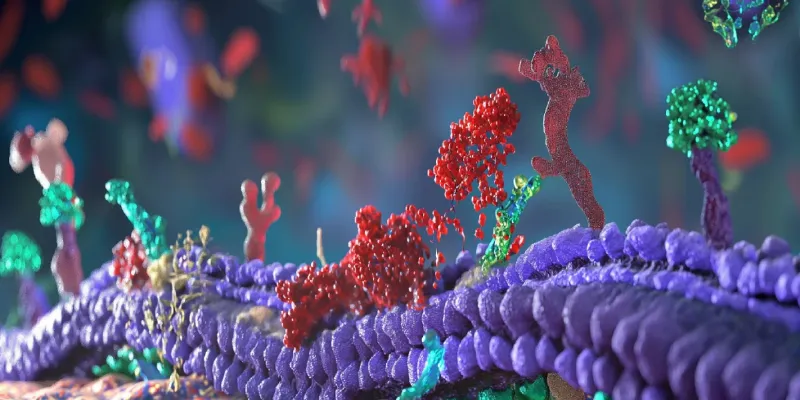
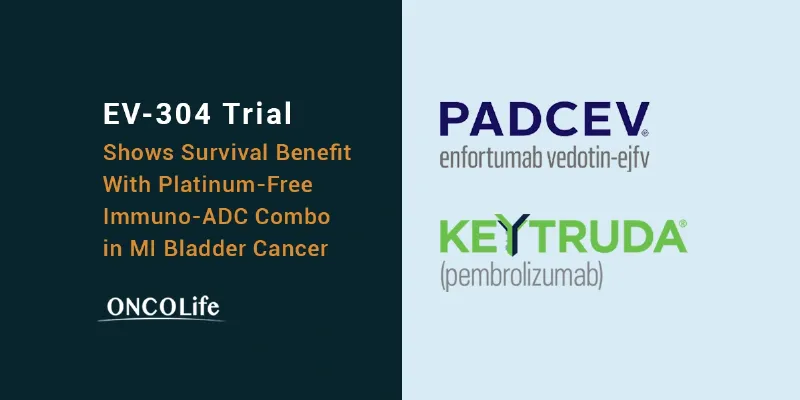

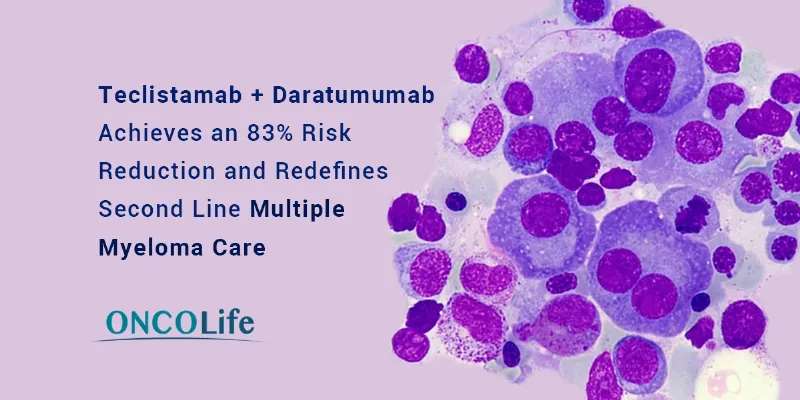
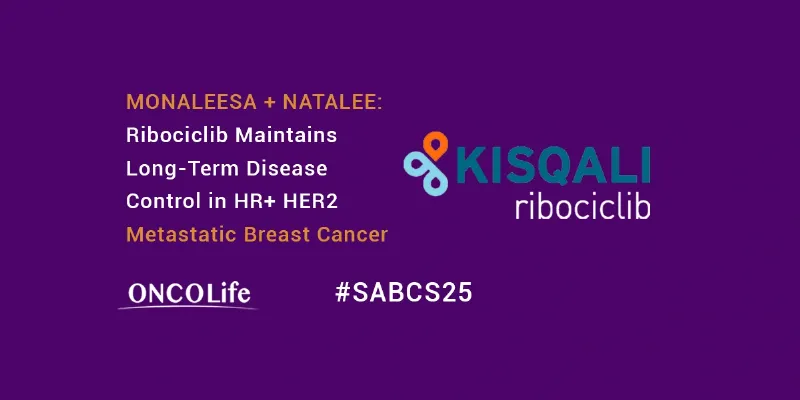

Comments
No Comments Yet!